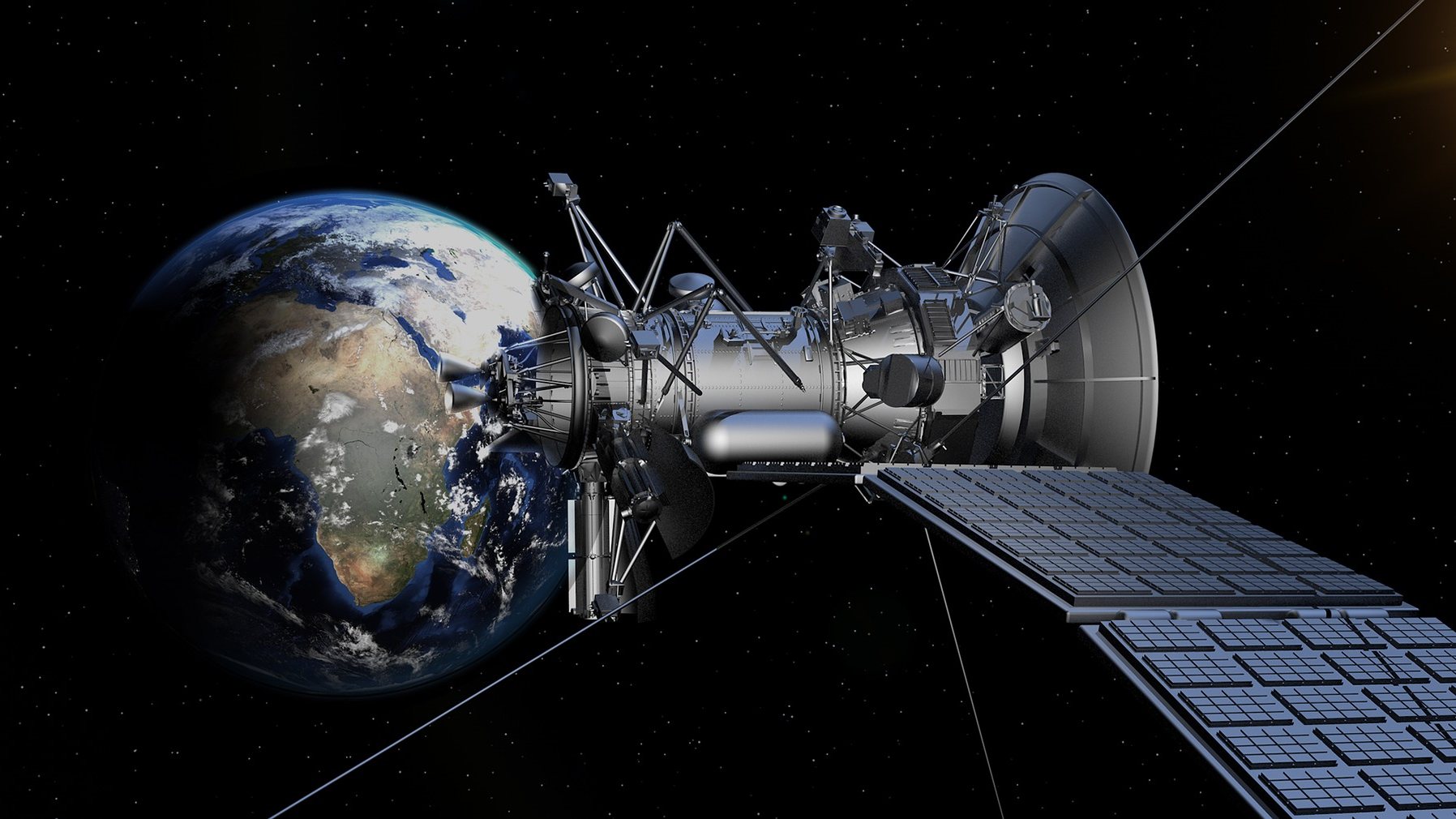The European Organization for the Exploration of Meteorological Satellites announced on Monday the launch, at the end of the year, of a new generation that will improve and speed up the sending of data to meteorologists across Europe on severe weather events.
with this team it will be possible to better prevent the impact of extreme weather events.
The director general of the organization (Eumetsat), Phil Evans, highlighted during the presentation of the new system, called “Third Generation Meteosat”, the “revolutionary” nature of these satellites, which could “provide higher quality, higher resolution and more detailed cloud data, and more frequently than has been possible before”.
Specifically, he explained, European meteorological services will receive 30 times more information, with better quality and at an update rate every two and a half minutes, more than four times faster than now.
The new satellites have functions such as a lightning detector in the atmosphere, which tests “cloud to cloud” and, among other functions“It will allow European meteorologists for the first time to monitor the complete life cycle of a storm: from initial instability in the atmosphere, before clouds even form, to lightning.”
This new generation of satellites will help meteorological services to have the information they need to “accurately and quickly predict the development of severe weather events to help keep your communities safe and protect and boost the economy“.
In addition to the imaging satellites, a second type of device will be put into orbit that will allow the capture of images of the atmosphere in three dimensions, to locate areas where there is instability and, therefore, a greater probability of storm formation, as well as its evolution, growth and where it will be more intense.
With climate change increasing both the frequency and impact of these severe weather events, the importance of weather forecasting, both now and in the future, is understood.” of Europe in the summer of 2021, with more than 180 deaths.
The system seeks precisely to reduce the economic impact of severe weather events, which have caused economic losses of 520,000 million euros in the European Economic Area in the last 40 years, calculates the European Environment Agency.
The first satellite in the system, which will provide higher resolution and more accurate images of Europe and Africa every 10 minutes, will be launched later in the year, while the third of the constellation’s satellites will enter orbit and become operational in 2026.
Source: Observadora
